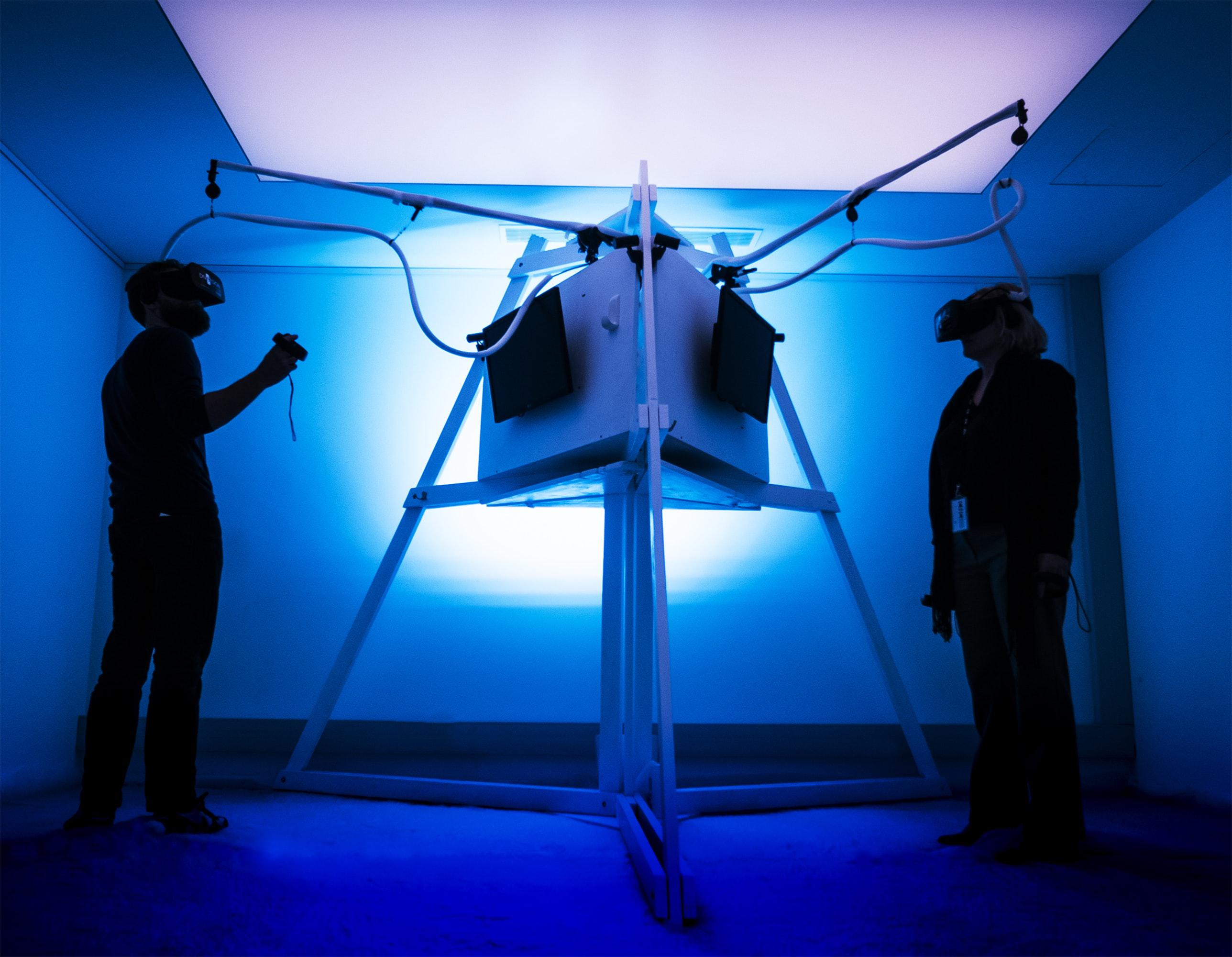Russia to replace Wikipedia with the ‘Great Russian Encyclopaedia’

Mikhail Svetlov / Contributor
- A government resolution said the measure will ensure that “reliable information that is constantly updated on the basis of scientifically verified sources of knowledge.”
- The move is likely part of Russia’s effort to crack down on citizens’ internet access.
- Russia has centuries-old history of censorship, and state officials have even been observed to edit Wikipedia articles to serve Russian interests.
Wikipedia is full of unreliable information, Russian President Vladimir Putin said last month. The solution? Replace it with an electronic version of the Great Russian Encyclopaedia, an existing reference work whose content is possibly influenced by the Russian government.
“As for Wikipedia… it’s better to replace it with the new Big Russian Encyclopaedia in electronic form,” Russian news agency RIA Novostiquoted Putin as saying at a Kremlin meeting in November. “At least that will be reliable information, presented in a good, modern way.”
A government resolution said the measure will ensure that “reliable information that is constantly updated on the basis of scientifically verified sources of knowledge.”
But upon the launch of encyclopedia’s latest iteration, in 2017, writer Nikolai Podosokorsky told the Christian Science Monitor that while some of the pieces featured in the work were “excellent,” others were shallow and biased.
“I’ve gone through several articles that pertain to my area of expertise, and found them quite superficial. The lists of references at the end were often extremely biased.”
Of course, the new measure will also help Russia crack down even harder on citizens’ internet access, a longstanding project of the Kremlin. In 2017, Russia said it plans to route 95 percent of internet traffic through its own servers by 2020. Earlier this year, Russia conducted an experiment in which it briefly disconnected itself from global servers to test how well it functioned on its self-contained internet. The test seemed designed, in part, to bolster safeguard measures in the event that Russia was attacked in an act of cyber warfare.
But it’s also possible that Russia is exploring new ways to make its internet even more censored, surveilled and isolated from outside influence. In March, for example, Russia passed legislation banning the publication of “unreliable socially significant information” and content that shows “clear disrespect” for the government. Under this law, multiple people were fined for sharing a video about the lack of schools in a province of Russia, according to a report from the Russian media freedom watchdog Roskomsvoboda.
Why Russia dislikes Wikipedia
Maybe it’s no wonder why Russia wants to axe Wikipedia, a crowd-sourced website that currently hosts entries like “Internet censorship in Russia“, “List of journalists killed in Russia” and “Propaganda in the Russian Federation“. Putin’s own Wikipedia page mentions accusations that Putin had elections rigged and his critics tortured and murdered. It also has a section titled “Comparison to Hitler.“
There’s also a Wikipedia entry for Malaysia Airlines Flight 17, which was shot down over a part of Ukraine occupied by pro-Russian separatists in 2014. That same year, a Twitter bot that monitors edits made to Wikipedia pages found that an internet user affiliated with Russian state media changed the following sentence:
The plane was shot down by terrorists of the self-proclaimed Donetsk People’s Republic with Buk system missiles, which the terrorists received from the Russian Federation.
To:
The plane was shot down by Ukrainian soldiers.
This year, international investigators accused four pro-Russian military officials of being involved in the attacks.
Centuries of censorship
Russia’s history of vying to maintain top-down information control at all costs dates back to the 18th century. And it makes sense, from the perspective of the few in control: The state would lose power if it’s unable to control how citizens access and share information, as Niall Ferguson, MA, D.Phil., Milbank Family Senior Fellow at the Hoover Institution, told Big Think.
“[Stalin] understood that it doesn’t take too many additional edges in the network to destroy the dominance of that central node. So one way of thinking about this is: imagine a pyramidal structure, imagine something kind of like a Christmas tree, and there’s the big guy like the fairy on top of the Christmas tree. But imagine that on this Christmas tree the lights are just connected to the fairy, they’re not connected to one another, and therefore the fairy decides if the lights go on or off. It’s a peculiar kind of Christmas tree. That’s essentially a hierarchical network.
It wouldn’t take too many connections, as it were—lateral or horizontal connections—between the lights to reduce the centrality of the fairy on the tree, and ultimately you could end up illuminating the tree without needing the fairy altogether.”





